Every 60 seconds, an animal is suffering abuse. Hundreds of millions of animals die in the US alone yearly. That’s not an exaggeration when you count the animals we eat, harvest from the ocean, or use in lab experiments.
These staggering figures confirm we’re quickly losing our grip on an already fragile moral compass as intentional cruelty and neglect affect animals across all species.
Yet despite anti-cruelty laws in all 50 states, including felony provisions, these laws don’t provide penalties consistent with the crime’s severity. Or the justice system fails to enforce them.
Even more worrying is that The Humane Society of the United States reports that state or federal agencies don’t compile cases of animal abuse which isn’t preventing animal cruelty from continuing.
This is why it’s crucial to advocate for better animal protection laws and convictions and become a voice for the voiceless.
Animal Rights Laws
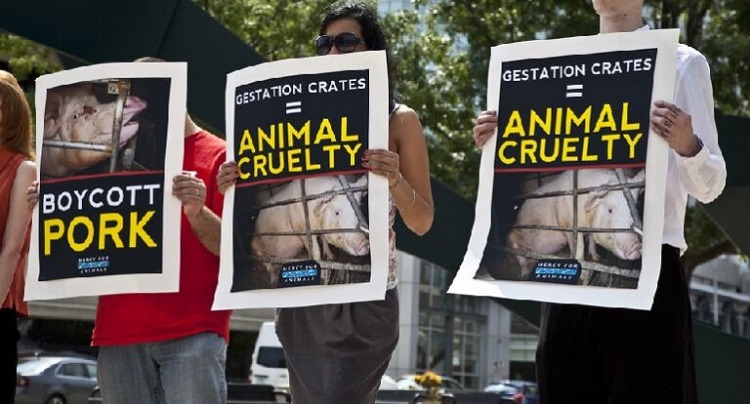
Many people confuse animal welfare laws with rights laws. The Animal Welfare Act is a statute intended to protect animals from cruelty. Although federal animal protection laws exist, the AWA is the only federal law that concerns the treatment of animals in research, teaching, testing, exhibition, transport, and by dealers.
However, because of agricultural lobbyists, the Act leaves out a significant segment of animals. Livestock is raised as sellable animal products, while laboratory-bred animals become disposable. The AWA wholeheartedly fails to provide legal protections for all animals.
We continue allowing inhumane practices. Dogs and cats are considered companion animals, yet thousands live in animal shelters, and the current legislation provides some protection for pets. But what about farmed animals and animals raised in puppy mills?
Animal Cruelty Laws
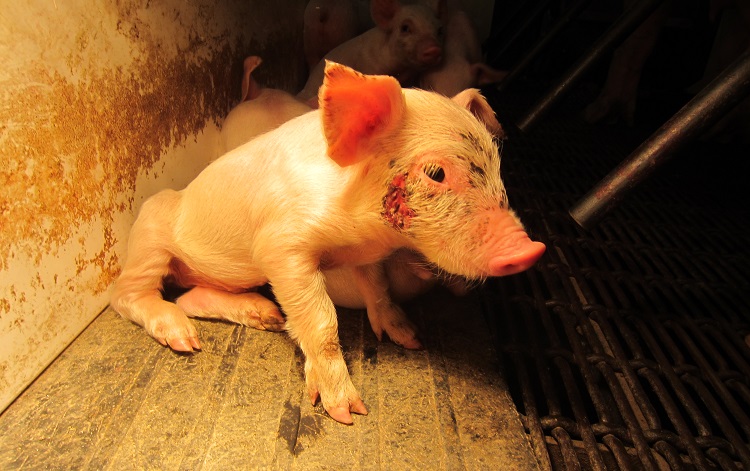
Cruelty laws are vague and fall under the governance of state animal protection laws. The Animal Welfare Act (AWA from 1966) doesn’t protect animals raised for inhumane practices.
The USDA, APHIS (Animal and Plant Health Inspection Service), and Animal Care uphold the Act, but millions of animals endure mistreatment and abuse.
Despite some existing laws, the AWA often fails to protect wildlife. The AWA also doesn’t protect farmed or laboratory animals. Even puppy mills seldom register on their radar since few facilities are registered.
Felony animal cruelty laws exist in all 50 states, and each state has its unique definition of what cruelty means and how it fines acts of cruelty and animal protection.
Animal Abuse Laws
The HSUS reports many acts of animal cruelty daily. Sadly, state and federal agencies don’t compile these figures. Cruelty and neglect have no social or economic barriers, but there’s a solid correlation to violence against people and pets, as in domestic abuse.
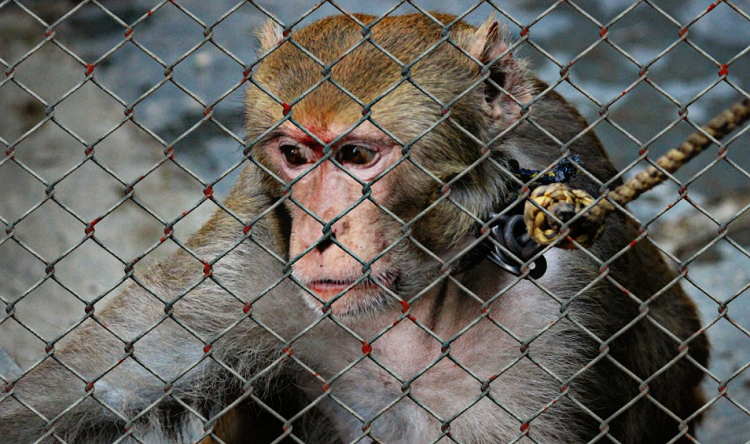
Survey stats suggest that men under 30 abuse animals most frequently while more women over 60 become hoarders who neglect animals.
All states and the District of Columbia have laws that criminalize animal abuse and deem acts of cruelty with felony definitions. However, each state defines its statutes or what constitutes an “animal.” For example, a pet cat differs from a stray or feral cat.
Further, these laws also leave a gaping hole for what defines criminal killing under the animal cruelty laws. Was the act intentional, malicious, or negligent? Again, it might be legal to exterminate unowned cats but not pet cats.
Exemptions on anti-cruelty or abuse laws also pertain to specific animal-related industries like veterinary, animal control, pest control, humane or animal shelter societies, hunting, fishing, rodeos, research, and slaughter.
In 2019, because of PACT, animal cruelty became a federal felony and was punishable with prison for up to seven years, a fine, and or both.
But without reporting and enforcing the PACT, it means nothing. Here is a Michigan State University animal law summary by state.
Animal Testing Laws
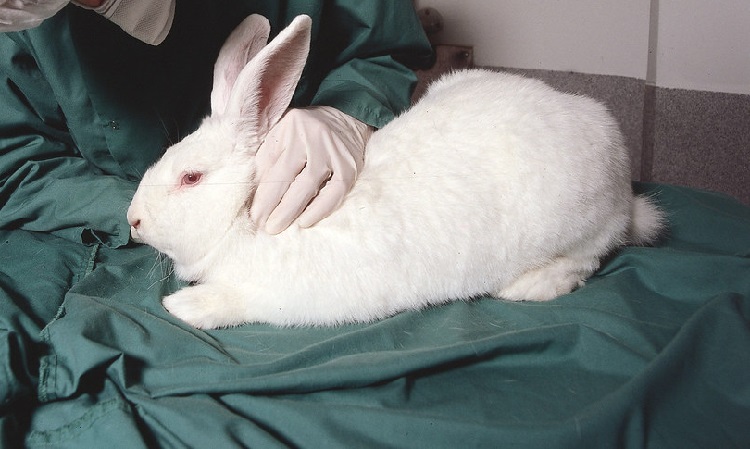
The AWA is a federal act meant to protect animals and ensure that laboratory animals for testing and experiments receive proper housing, food, water, vet care, and humane treatment. Animals used in labs are often excluded from protection if the researcher determines the use of the animal falls outside the law.
Thanks to technological advances and advocate pressure, product testing on animals is on its way out. These advances should end the complexities and absurdities around animal testing.
Animal Abandonment Laws
In most states, it’s illegal to dump a litter of kittens or puppies on the side of the road. Yet thousands of people do precisely that. To abandon means leaving animals in public or not-so-public places and failing to provide the necessary needs for their survival.
Although it sounds morally incomprehensible, enforcing animal abandonment laws is difficult.
Animal Rights
Animal rights exist because animal advocates believe animals have rights and are sentient beings like humans.
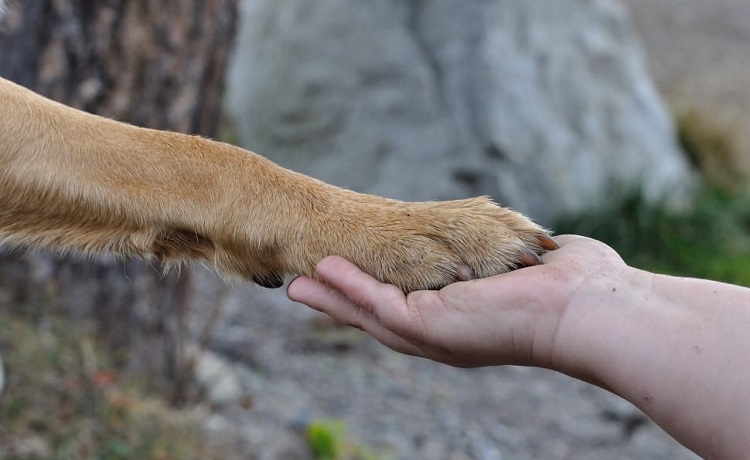
The rights movement for women and animal equality began back in the 1700s. While it seemed hopeless for women then, we made it. We can also achieve the same rights for animals, although they may want to avoid voting, seeing who is on the ballot.
Example of Animal Rights
Animal protection laws and rights are in their infancy. We need to nurture these laws into maturity until they can stand on their own two feet.
The UK Farm Animal Welfare Council of 1965 created these internationally accepted standards. We still have many individuals who neglect these big five freedoms:
- Every animal under human care has the right to receive food specific to its needs.
- Persons with animals must provide the necessary shelter that offers protection from climate and a comfortable, secure environment.
- Live free from pain, injury, and disease. Pet owners must provide access to health care, vaccinations, and medications to treat the illness.
- Provide the animal with a means to enjoy life and be free to move, run, jump, and play (You’re still wondering if puppy mills are illegal after reading this?)
- Animals have the freedom to live without fear and stress and enjoy mental and physical well-being.
Laws Protecting Animals

Laws protecting animals are in progress and under construction. One has to keep the faith and advocate to ensure animals will eventually be free to live as we do. Few federal animal protection laws under the AWA offer complete animal protection.
Federal Animal Protection Laws
Given below is an overview of federal animal protection laws.
The ‘28 Hour’ Law
Enforced by the Department of Agriculture, the“28-Hour Law” requires livestock being transported for longer than 28 consecutive hours to be offloaded. Animals must rest for at least five consecutive hours with food and water.
The Humane Methods of Livestock Slaughter Act
President Eisenhower signed the Humane Methods of Slaughter Act in 1958. Slaughter facility staff must use so-called mechanical, electrical, or chemical stunning tools before killing the animal (excluding religious rituals). The method must be effective before shackling and hoisting the animal. (It doesn’t specifically include poultry.)
In 1978, the HMSA received an amendment that required imported meat from foreign sources to comply with the US Act’s regulations and the live animals’ Slaughter Act.
The 2002 Farm Bill demands that the 1958 Act fully enforce the end of needless suffering. It puts the onus on the Secretary of Agriculture to monitor and track violations and report to the US Congress annually.
The Endangered Species Act

Passed by Congress in 1966, The Endangered Species Act prohibits importing, exporting, taking possession of, selling, and transporting endangered and threatened species.
The penalty: A fine of no more than $ 25,000 or imprisonment for not more than six months, or both.
Animal Cruelty Federal Law (The PACT)
Amended by former President Trump, The PACT Act makes it unlawful for anyone to engage in animal crushing, create animal-crush videos, and distribute them.
The penalty: A sentence of up to three years in prison, one year of supervised release, and a fine of $250,000 for breaking the Pact Act.
The Lacey Act
Passed in 1900, The Lacey Act is a conservation law prohibiting the trade in wildlife, fish, and plants that have been taken illegally.
The penalty: A fine of not more than $20,000, imprisonment for no more than five years, or both.
Local Animal Protection Laws

People can’t seem to agree on what rights an animal should have. What we should be able to agree on is that animals deserve to be treated humanely at all times. The UK Government declared animals as sentient beings in 2021. It was a long time coming, yet it doesn’t mean animals in the UK live without suffering.
Each state, county, and city can create its unique laws governing animals, contact your local representative and get involved.
Animal Welfare Law
The Act covers dogs, cats, rabbits, guinea pigs, hamsters, gerbils, nonhuman primates, marine mammals, captive wild animals, and domestic livestock species used in nonagricultural research and teaching.
Animal Welfare Act (AWA) Definition
The Animal Welfare Act (AWA) was signed into law on August 24, 1966. It is the only federal law in the US that regulates the treatment of animals in research, teaching, testing, and transported commercially or exhibited to the public.
The penalty: Fines for violations from $1,000 to $2,500 and $500 to $1,500 for failure to obey a cease and desist order.
Animal Welfare Regulations
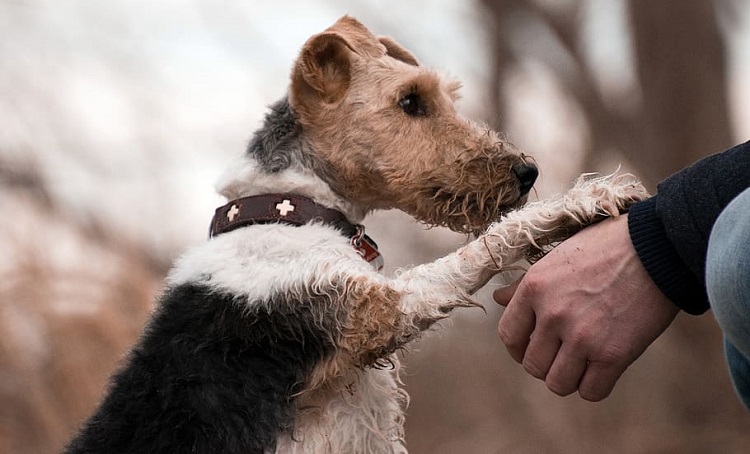
There are no uniform laws in the USA, and each state and local law applies its own interpretation of animal protection laws to include the following:
- Shelter facilities
- How long must animals be held before adoption or euthanasia
- Specific vaccination laws for certain animals
- Commercial breeding regulations
Here are some laws gaining momentum:
- Companion animals like cats and dogs have the best legal protection under state laws. Typically companion animals include birds, rabbits, horses, and other small animal species.
- Hot or cold car laws are also up to each state or county to enforce. This law protects individuals who act to rescue an animal left unattended. The law ensures they don’t face criminal consequences for damaging private property.
- Tether laws define how long a person can legally chain or tether an animal in extreme weather conditions.
- Domestic violence laws might include family pets in legal protections like protective violence orders.
- Retail pet sale bans in California prohibit sales of animals from commercial breeders (2017), and Maryland followed in 2018. Pet stores may offer cats, dogs, and rabbits through shelters and rescue centers.
- Wildlife laws are governed through hunting and fishing licenses, and each state creates rules and regulations. In states like Texas, it’s legal to kill exotic game stock regardless of hunting seasons.
- Animal performance bans are slowly making inroads. Illinois and New York are banning the use of elephants for entertainment.
- Intensive confinement laws are to protect farmed animals, often disregarded under state animal protection laws. It’s to end battery cages where chickens don’t have enough space to move or stretch their wings.
- Breed Specific Legislation is still causing turbulence.
Rules Governing the Proceedings Under Animal Welfare Act
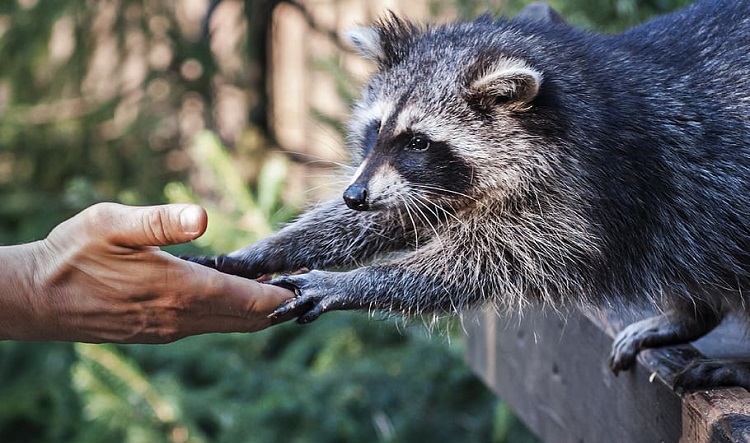
The USDA applies the laws of the Animal Welfare Act through its inspectors at registered facilities. This is why many puppy mill breeders can continue to abuse dogs, as only about 2000-3000 commercial breeders are registered.
In a nutshell, this is how the law works:
A VOI or ACI inspector visits a farm or facility and conducts their inspection. If the inspector notices any substandard or violations on the premises, they can suspend a person’s license temporarily but not longer than 21 days (exemptions).
The same suspension applies if the inspector witnesses or suspects violation or harm. The violator may also incur other sanctions to the Secretary under the Act and an opportunity for a hearing.
The administrator or VOI may issue a penalty fine which the violator must pay or face further ramifications.
Animal Cruelty Laws by State
Most animal protection laws are enforced at the state level in the US, with state animal protection laws primarily concerned with a companion or ESA (emotional support) animal such as cats and dogs.
Each of the 50 states has an animal cruelty law on its books. Each state determines what constitutes cruelty and the enforcement of penalties.
Yet farm animals and animals used in laboratories for experimentation and, to a greater extent, wildlife are often excluded from state animal protection laws.
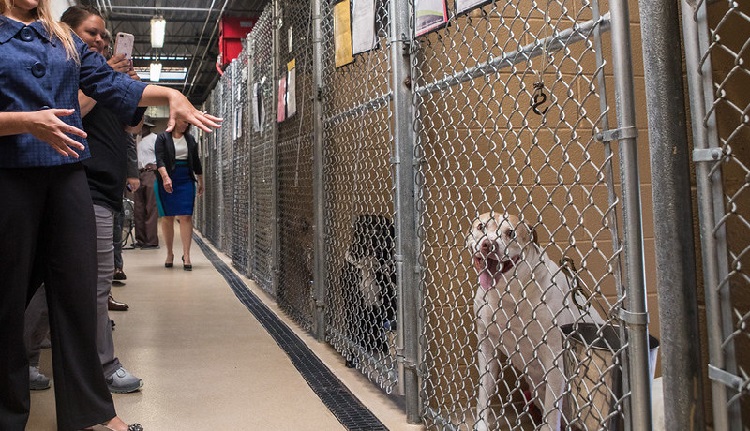
The Animal Legal Defense Fund published yearly rankings, an overview of the best and worst animal rights legislation per state.
Oklahoma
The Oklahoma government defines all nonhuman animals as animals. Farmed animals receive the least protection. The Oklahoma legislature still protects the rights of agricultural institutions over the animals harmed. No county can overrule the Oklahoma state law and create its own to save farmed animals.
Oklahoma has laws against bear fighting and horse tripping (yup, I had to look it up).
New Jersey
New Jersey also defines the statues of animals to mean nonhuman. Farmed animals and other sanctioned activities (product testing on animals) are exempt from anti-cruelty laws. Any farmer who mistreats and harms their animal receives a written warning for their first offense. Only then can they be prosecuted.
California
It’s not surprising that California has strict rules that govern animal welfare.
- It’s a misdemeanor for owners or managers to abuse an elephant
- Veterinarians must be present at rodeos
- Bullfighting is prohibited and penalized
- Dog fighting is a felony punishment that includes spectators
- Cockfighting is prohibited
Pet Limit Laws By State
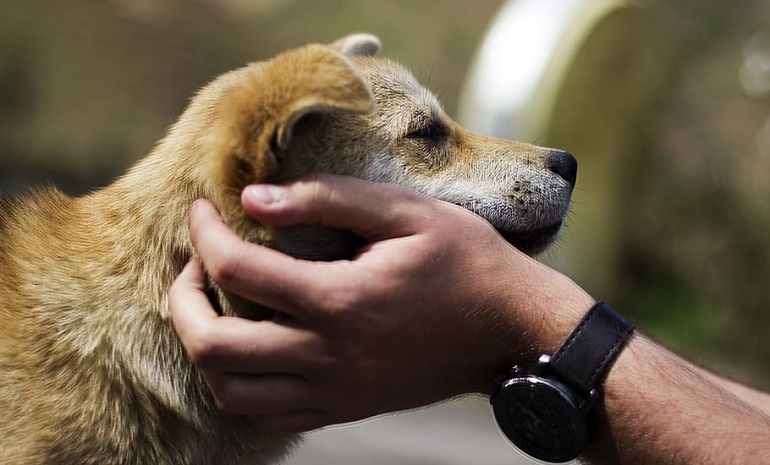
Every state has laws governing domestic and exotic animal ownership; none are uniform. Some laws govern domestic companion animals, while others speak to agricultural use of animals, wild animals, andexotic pet ownership.
What complicates defining pet limit laws is that the definition of pet and exotic animals doesn’t always translate the same. In some states, people are prohibited from owning a pet skunk. In others, it’s allowed with a permit or no permit.
Every person who owns an animal must check with local authorities about the laws.
Different states also have limits on the number of animals. For example, in Arkansas, residents can keep up to six bobcats, raccoons, or foxes taken from the wild. They must be separated by sex and sold with a dealer permit.
Companion Animals

Companion animal laws are separate from other animals but aren’t the same as emotional support (ESA) or service animals. This group of animals receives the better portion of protection under the animal cruelty laws. For housing, individuals must follow ESA outlines procedures.
Companion animals are domesticated or domestic-bred creatures and depend on us for physical, emotional, behavioral, and social needs and fit within a human family.
Typically companion animals are these species:
- Dogs
- Cats
- Horses
- Rabbits
- Small rodents
- Small reptiles
- Guinea pigs
- Ferrets
- Birds
- And others, including domesticated farm animals like pigs, goats, and donkeys.
Wildlife Protection Laws

In America, wildlife fall under fish and hunting jurisdiction, excluding those under the endangered species act.
These animals may be shot, fished, and killed during specific seasons unique to each state and animal. A person must legally obtain fishing and hunting licenses and follow local animal conservation laws.
American hunters participate in various sport-hunting activities. Big game hunting allows hunters to shoot and kill animals legally on private reserves.
Aside from obtaining licenses, further restrictions on the number of hunting tags available per species dictate hunting. Hunted animals are exempt from most anti-cruelty laws.
Spotlighting (flushing animals with light) is illegal in many states and Canadian provinces. In Britain, lamping foxes to kill them is legal. (I know, disgusting.)
Animals like the red wolf, Florida panther, pygmy rabbit, smalltooth sawfish, California condor, and many insects and reptiles are on the endangered animal list and can’t be hunted.
Farm Animal Laws By State
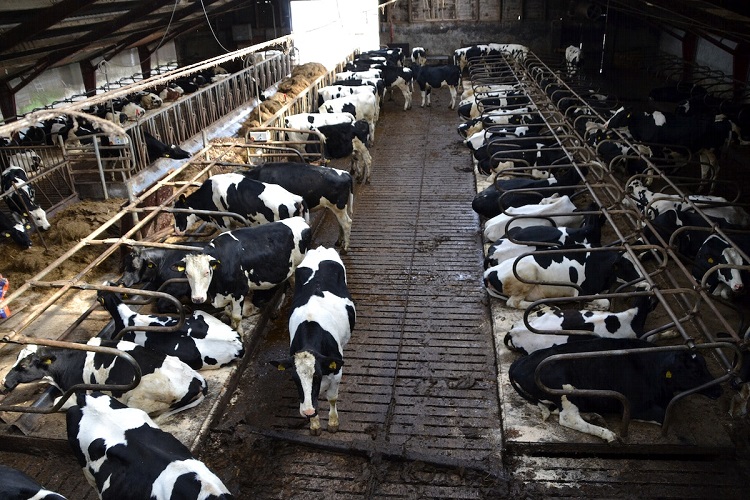
Although this is a long article about animal protection legislation, no laws protect farm animals besides the vague laws covered under the AWA. It’s up to the discretion of each state-employed USDA inspector. Farmed animals fall into the standard practice loophole, leaving millions vulnerable to abuse and neglect.
Animal Acts
It was acceptable to lead a bear around the ring, chained through a nose ring at one time (still is in some countries). Now, traveling animal circuses are a thing of the past. Circus animals and their owners fall under the jurisdiction of federal and state laws.
In the UK, as of January 2020, wild animals in circuses are banned under the Wild Animals in Circuses Act 2019. That is a win. However, there are still many small-time circuses that use and abuse animals. Does it matter if the performing acts are domestic or wild?
Many states specifically exclude circuses under their direction, and the AWA is ineffective as it’s challenging to monitor. The USA isn’t the worst culprit at failing circus animals (that’s not a consolation, it is a fact).
Act of Zoo
Zoo animals don’t fare any better than other domestic or wild animals and receive only minimal protection under the AWA–the only federal statute that applies.
International, state, and local laws are unique to each zoo and its location. It can result in criminal and civil penalties, but it’s not effective at preventing animal cruelty and torture.
The Convention on International Trade of Endangered Species of Wild Flora and Fauna (CITES) regulates the trade of endangered animals. The mandate groups animals into three appendices; the protection value of the endangered species depends on the appendix grade.
Horse Protection Act
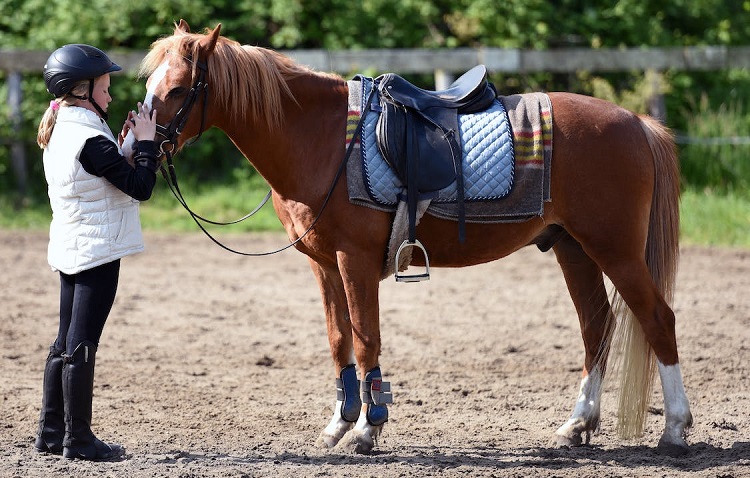
Under the Horse Protection Act, it’s illegal to transport, show, and sell sored horses. Soring means deliberately inflicting pain on a horse’s legs or hooves to make it jump higher, have a pronounced gait, or run faster.
Abusers use caustic chemical irritants or cut into the tissue of a horse’s hoof. Tennesse walking horses are a prime example of traditional soring victims.
The Shark Conservation Act
It’s difficult to understand that globally, we kill nearly 100 million sharks annually for their fins. The US Shark Conservation Act protects sharks from being tortured and brought onshore without their fin naturally attached to their bodies.
Shark finning is brutal, and sharks die a painful death so that we can watch mutilated fins float in our soup. Shark finning occurs in countries like Costa Rica and European fishing communities that supply the Asian market.
Animal Crush Video Prohibition Act
The Animal Crush Video Prohibition Act falls under the ‘WTF’ category of humanity. Many things stand out when you dig around animal rights, but the existence of the ACVPA takes the cake. The Act bans animal crush video production, distribution, marketing, sale, and exchange.
The animal crush videos fetish is so vile as these scumbags crush, burn, and suffocate animals for joy–WTF?
How Animals Can Be Protected
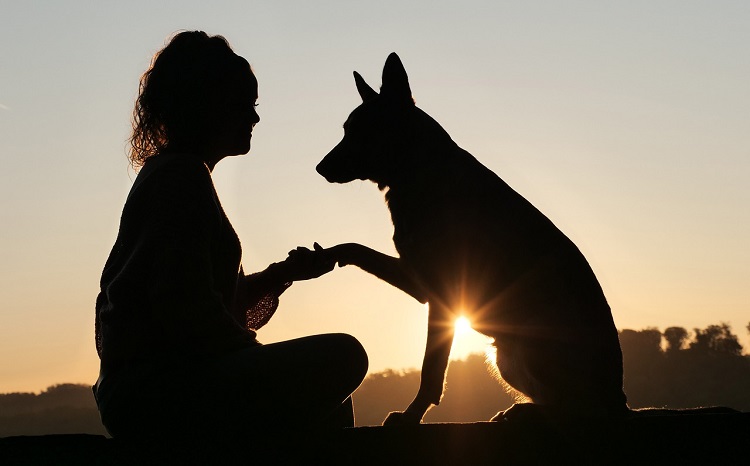
We need the animal rights movement and federal animal protection laws that work. We also need changes to cultural traditions and education. We don’t need any more violence.
Authorities must revise the Endangered Species Act, the Humane Slaughter Act, the Lacey Act Animal, and the AWA protection laws under the applicable United States Department of Agriculture to unite and change farming practices and make animal cruelty and torture a consistent crime on a federal level.
Animal Cruelty
Farmed animals deserve a voice and protection under the law and more vigorous inspections and regulations. Farmed animals also endure pain and suffering. It’s discrimination to suggest that some animals deserve protection while others don’t.
Animal Fighting

To stop animal fighting rings like cock fighting, bull-rings, and dog fights, we must become whistle-blowers and turn in spectators and fighting syndicates that profit from betting.
Many animal protection organizations that combat animal fighting rings also need financial donations and volunteer efforts to make an impact.
If you suspect a fighting ring in your area, call the authorities and make sure they act.
Pet Breeders and Pet Dealers
When you bring a new puppy home, ensure they come from a legit breeder or a shelter. Retail pet stores like Petland sell commercially bred puppy mill dogs and cats. Some states prohibit retailers from selling commercially produced pets because puppy mills are abhorrent facilities that mistreat millions of dogs.
Talk to your vet about reputable breeders, and make sure you visit the breeder. Better yet, adopt one of 25% of purebred dogs in shelters–just saying.
Act to Protect
That’s you. Perhaps you thought “little old me” couldn’t make a difference. But you have the power to act to protect innocent animals. You can affect an animal’s quality of life with your choices. Call local authorities if you see neglect, abuse, and cruelty.
Getting involved with animal rights advocates is a great way to learn more.
FAQ’s
At best, anti-cruelty laws are vague and often ineffective in protecting all animals fully. That’s why at WAF, we work to spread information and ideas on how to help animals in duress.
What Are ‘Dog Rights’?
Dogs fall under the Animal Welfare Act for protection, and each state and county may have specific laws governing dogs. Dogs have the right to be treated with care, fed and watered, not tethered for prolonged periods in inclement weather, and not used for fighting.
Is Animal Testing Legal in the US?
Yes, product testing on animals is legal in the USA. Most lab animals, like farm animals, don’t receive the same benefits from the AWA.
Who Is Responsible for Raising a Healthy Animal?
The obvious answer is that raising a healthy animal is the animal owner’s responsibility. However, it’s the responsibility of a global community, which means you and me.
What Is the Primary Mission of the Animal Welfare Information Center (AWIC), a Part of USDA?
The AWIC, or Animal Welfare Information Center, is an extension of the AWA. It aims to provide information for improved animal care and use in research, testing, teaching, and exhibition.
How To Check if a Dog Breeder Is Registered?
A registered breeder has certification documents and invites prospective pet parents to visit their breeding facility. They’ll have official documents issued by state or local governments or be registered with AKC.
Is Animal Cruelty Illegal?
Yes. Many animals fall through the loopholes outlined in the AWA. Farm and lab animals seldom get any cruelty protection. Call the local authorities if you suspect cruelty like neglect, abuse, or hoarding.
Is Animal Abuse Illegal?
Animal abuse is illegal; even laboratories and factory farms must abide by some standards.
Conclusion
Animal laws need to be expanded, better defined, and inclusive of all animals.
Animal advocates target zoos, report abused animals, don’t care about state lines, and are better at record-keeping than authorities to protect small animals or other animals and ensure minimum standards are met where federal laws fall short.


